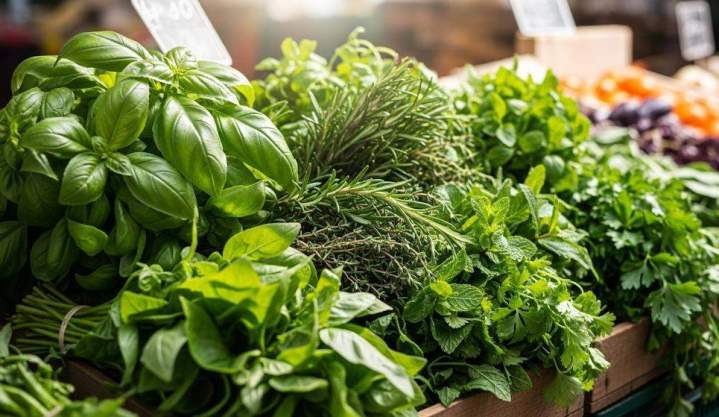How to Succeed in Wholesale Herb Sales: Tips for Beginners
Wholesale Admin / August 12, 2025

Understanding the Market
Researching Demand
Before diving into wholesale herb sales, it’s crucial to understand the market landscape. Begin by researching the types of herbs that are in demand. Focus on culinary herbs like basil, parsley, and thyme, as well as medicinal herbs such as chamomile and peppermint. Consider seasonal trends and regional preferences to identify which products will appeal to your target customers.
Identifying Your Niche
With a plethora of herbs available, specializing in a niche can help you stand out from the competition. Whether you choose to focus on organic herbs, rare varieties, or locally sourced products, having a clear niche allows you to tailor your marketing efforts and connect with a specific audience.
Building Relationships
Networking with Suppliers
Establishing strong relationships with herb growers and suppliers is vital in wholesale sales. Attend industry trade shows, farmers’ markets, and local agricultural fairs to meet potential suppliers. Building these connections not only ensures a steady supply of quality herbs but also opens doors to negotiating better prices and terms.
Engaging with Customers
Developing relationships with your customers is equally important. Whether your clients are restaurants, grocery stores, or health shops, understanding their needs can help you tailor your offerings. Regular communication and feedback can foster loyalty and lead to repeat business.
Effective Pricing Strategies
Competitive Analysis
Pricing your herbs competitively is essential for attracting customers while ensuring profitability. Conduct a thorough analysis of your competitors’ pricing structures. Consider their quality, sourcing methods, and customer service when determining your pricing strategy. Striking the right balance will help you remain attractive in the marketplace.
Cost Management
Understanding your costs is crucial for maintaining healthy margins. Factor in expenses such as sourcing, packaging, and shipping when setting your prices. If possible, look for ways to reduce costs without compromising quality, such as bulk purchasing or establishing long-term contracts with suppliers.
Marketing Your Business
Creating a Brand Identity
A strong brand identity can set you apart in the wholesale herb market. Develop a logo, packaging, and marketing materials that reflect your brand’s values and mission. Consistency in branding across all platforms will enhance recognition and trust among potential clients.
Utilizing Digital Marketing
In today’s digital age, having an online presence is vital for reaching a broader audience. Create a user-friendly website that showcases your products, pricing, and contact information. Leverage social media platforms to engage with potential customers, share recipes, and educate them about the benefits of various herbs.
Logistics and Distribution
Streamlining Supply Chain Management
Efficient logistics is vital for the success of your wholesale herb business. Develop a streamlined supply chain that ensures timely delivery of fresh products to your clients. Invest in proper storage solutions to maintain the quality of your herbs during transportation and storage.
Exploring Distribution Channels
Consider various distribution channels to expand your reach. Beyond direct sales to retailers, think about partnerships with online marketplaces or subscription boxes that focus on culinary or health products. Each channel can introduce your herbs to new audiences and increase sales.
Staying Compliant
Understanding Regulations
The herbal market is subject to various regulations regarding food safety, labeling, and organic certification. Familiarize yourself with local and federal regulations to ensure compliance. This knowledge not only protects your business but also enhances your credibility with customers.
Quality Assurance
Implementing quality assurance measures will help maintain high standards for your herbs. Regularly evaluate your suppliers, check for certifications, and conduct quality checks on your products. Consistency in quality will foster trust with your clients and encourage repeat purchases.
With the advice of a food trade expert, you’ll maximize your chances of success from your very first sales. A professional can also guide you on quality and compliance standards.